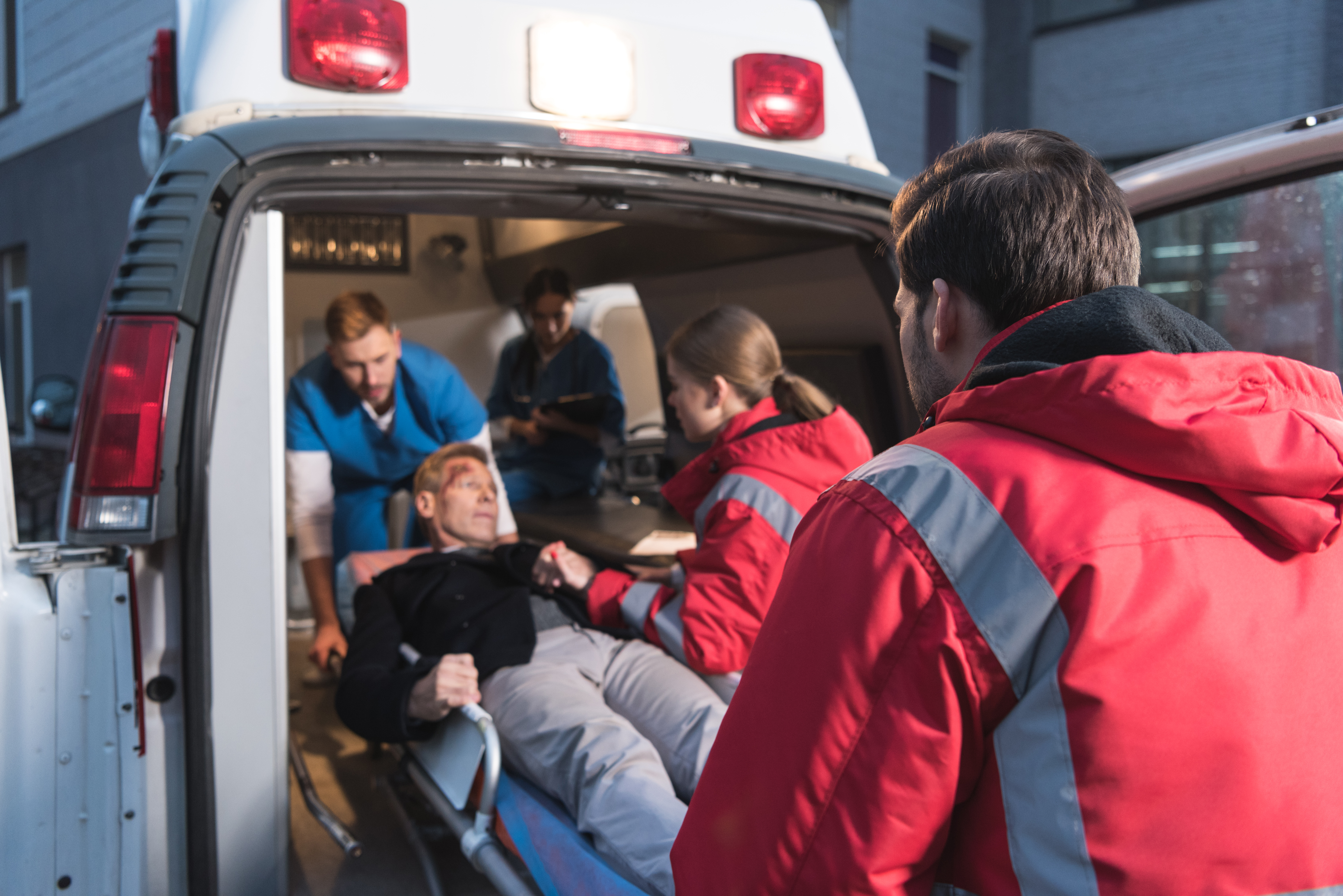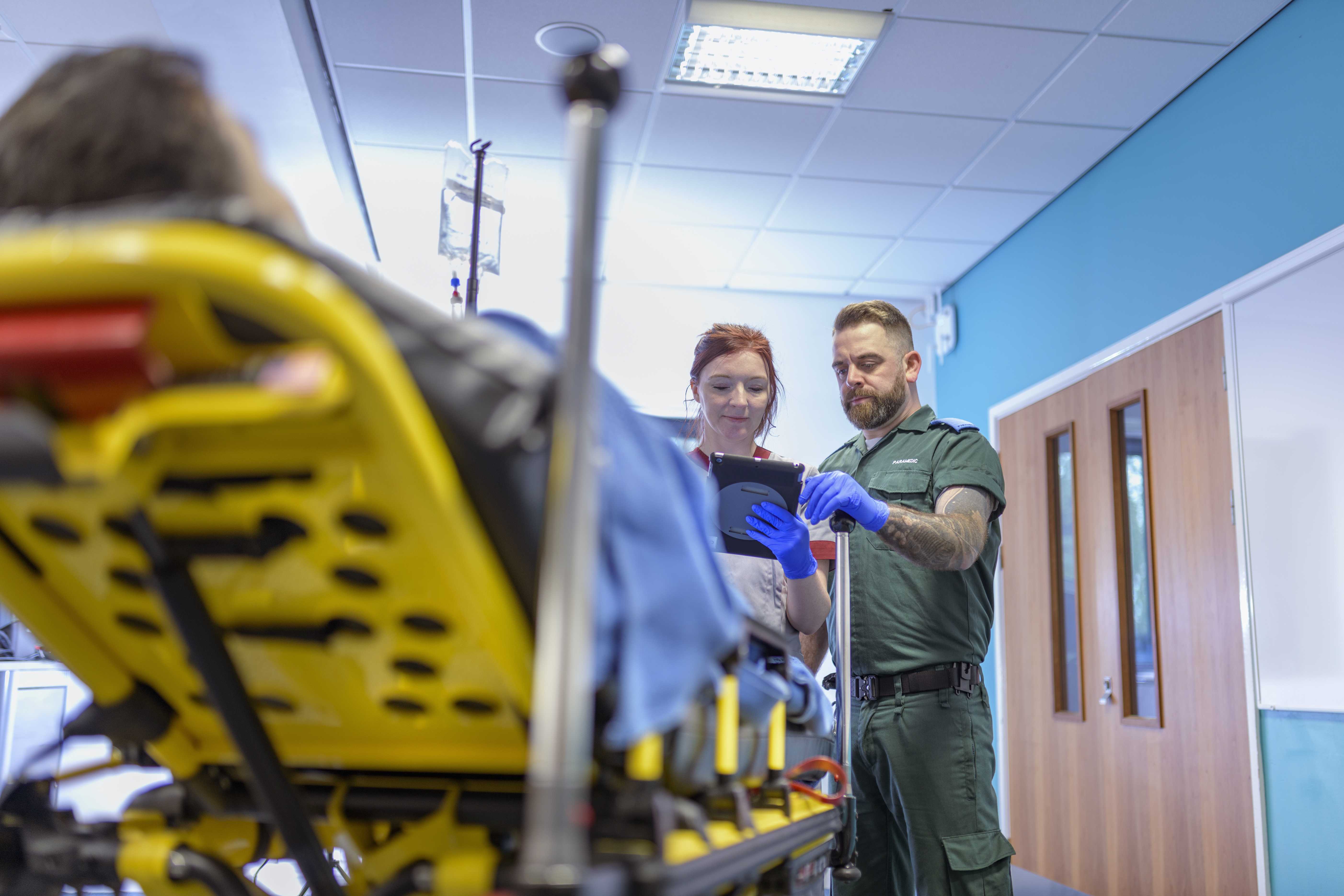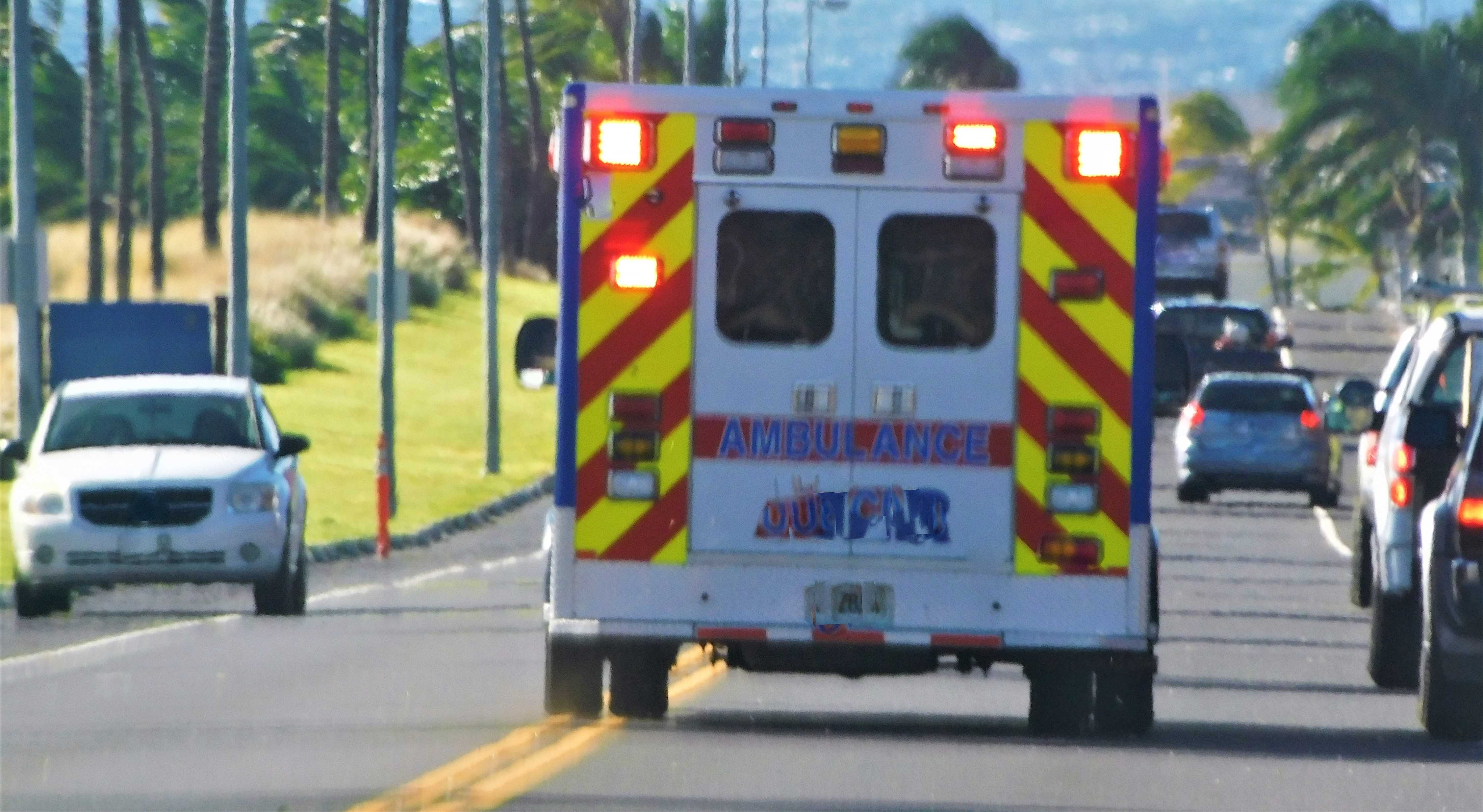Ambulance Service Vs. Non-Emergency Medical Transportation Service
The main difference between ambulance services and non-emergency medical transportation is urgency. When you dial 911 and call for emergency help, an ambulance comes and picks you up. Non-emergency medical transportation, as its name suggests, offers medical transportation in non-emergency situations. In most cases, this form of transportation is planned for and booked in advance. On the other hand, the need for an ambulance is almost always unplanned.
When you dial 911 for emergency services you could be picked up by an ambulance or a medical flight crew, depending on location and other circumstances. Whatever is necessary to save your life. The goal is for the emergency crew to reach you as fast as possible to limit the risk of further complication, injury, or death.
A non-emergency medical transportation service generally requires advanced reservations as they are not equipped to rush to the scene in a matter of minutes. For starters, they don’t have a siren that prompts other drivers on the road to pull over.
Additionally, an ambulance ride requires no pre-approval—you call 911 and an ambulance arrives. Non-emergency transportation generally requires pre-authorization of payment.
Signs You Require Emergency Ambulance Services
You have an urgent and immediate need for medical attention that could be or is life-threatening. Some examples include a heart attack or stroke, injury following a car accident or a bad fall, or a life-threatening situation of any kind.
Signs You Require Non-Emergency Transportation
You do not require emergency medical attention, aka your needs are not immediate. Examples include a scheduled medical appointment, dialysis, physical therapy, etc.
There are no options for free transportation—family members cannot take you, free rides are not available at your time of need.
You have physical limitations or impairments that require a specialized medical vehicle. For instance, you are bed-bound and require stretcher transportation, or are in a wheelchair.
You need to travel long distances—ambulance rides are generally local, while non-emergency transportation offers local and long-distance transportation.
From bariatric patients to patients on dialysis, there are countless reasons people of all ages may require non-emergency transportation services.
What Does an Ambulance Ride Cost?
Generally speaking, the most Basic Life Support (BLS) ambulance ride is at least $600—and usually more. The total cost is calculated by distance traveled and the equipment used to sustain life along the way. For more serious circumstances, Advanced Life Support (ALS) ambulance rides start at closer to $1,000 and go up from there depending on the distance traveled and equipment required. Insurance typically covers at least some of the expense of an ambulance ride.
Since Emergency Medical Services (EMS) are governed locally, the costs vary by location in the US. No two EMS systems are the same for this very reason. A rule of thumb is the bigger the city the more expensive the ride—with cities like Los Angeles and Miami running on average over $1,277, between 2017 and 2020 before insurance or discounts, a study found.
What Does Non-Emergency Medical Transportation Cost?
Non-emergency medical transportation is WAY more affordable.
Get a Quote for Non-Emergency Medical Transportation
Integrity Medical Transportation offers first-class non-emergency medical transportation services for the people of Dallas-Fort Worth Metropolitan area. We offer both local and long-distance trips. All our drivers are certified in defensive driving and senior sensitivity. We have the experience and equipment to transport patients from all walks of life. From seniors to bariatric patients, our number one goal is to provide the safest, most comfortable, and affordable ride in town. Contact Us Toda, toll free (833) 219-6784 for a free quote.











